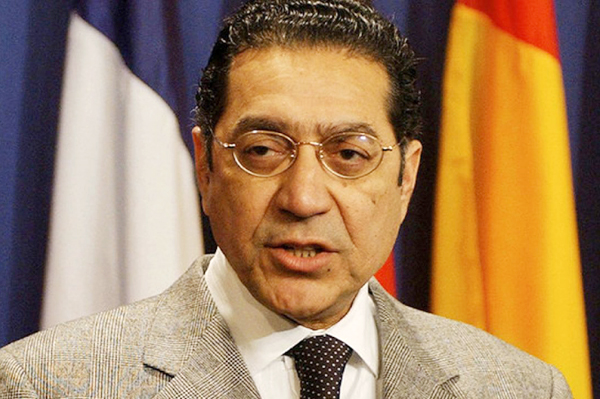UNITED NATIONS, The President of United Nations Economic and Social Council (ECOSOC), Pakistani Ambassador Munir Akram, has underscored the need for strengthening national and global financing mechanisms for the coronavirus-hit Least Developing Countries when the preparatory committee for the forthcoming fifth UN Conference on LDCs began Monday.
The conference, in which top leaders from around the world will participate, will be held in Doha in January 2022.
“The focus on LDCs is timely,” the ECOSOC chief said, hoping that the preparatory committee will succeed in building consensus for actions to achieve resilient recovery, revived growth and sustainable development in the LDCs.
Addressing the committee, Ambassador Akram said that, while no nation has been spared the pandemic’s toll, least developed countries have been hardest hit, with many potentially facing a lost development decade and graduating states in need of continued support.
Least developed countries need 1.3 billion doses of the vaccine, but with a current vaccination rate of less than 2 per cent, production and supply must be urgently ramped up, patent waivers agreed quickly and the World Health Organization (WHO) COVAX Facility provided with a missing $19 billion in funding, he said.
Aggregate poverty in least developed countries has jumped 2.4 per cent to almost 39 per cent of the population, meaning that direct cash support programmes, social safety nets and rural poverty alleviation efforts are urgently needed.
“Finance is the key,” he continued, calling for fulfillment of ODA (official development assistance) commitments, debt restructuring and cancellation, enhanced support from the International Monetary Fund (IMF) and the World Bank, and additional outlays from the projected $650 billion in new special drawing rights.
Building back better from the pandemic must also include expanded and accelerated investment in sustainable infrastructure, which impacts 92 per cent of the Sustainable Development Goals.
Ambassador Akram noted that application of advanced technology must be a major component of resilient recovery, enabling least developed countries to “leapfrog into the economic models of the future”, as bridging the digital divide is indispensable.
Structural impediments to equitable development must be addressed, while a more inclusive financial architecture, development-oriented global trade regime and a fair international tax system must all be put in place.
It was also crucial to end illicit financial flows and to create an open inclusive and cooperative global space for the growth of science, technology and innovation, the ECOSOC chief added.
Follow the PNI Facebook page for the latest news and updates.









